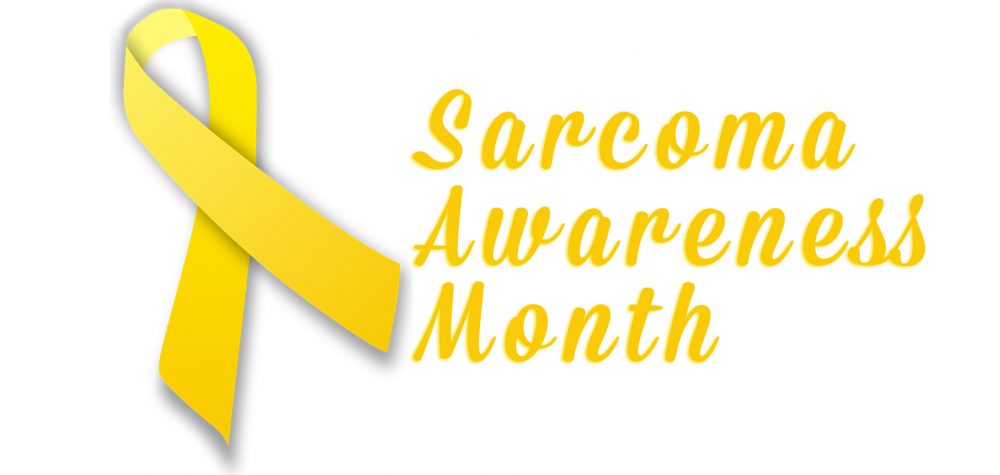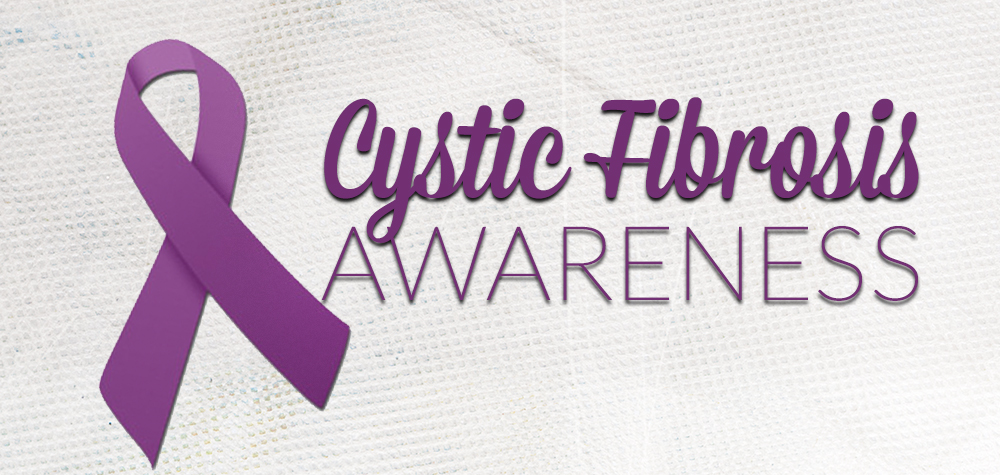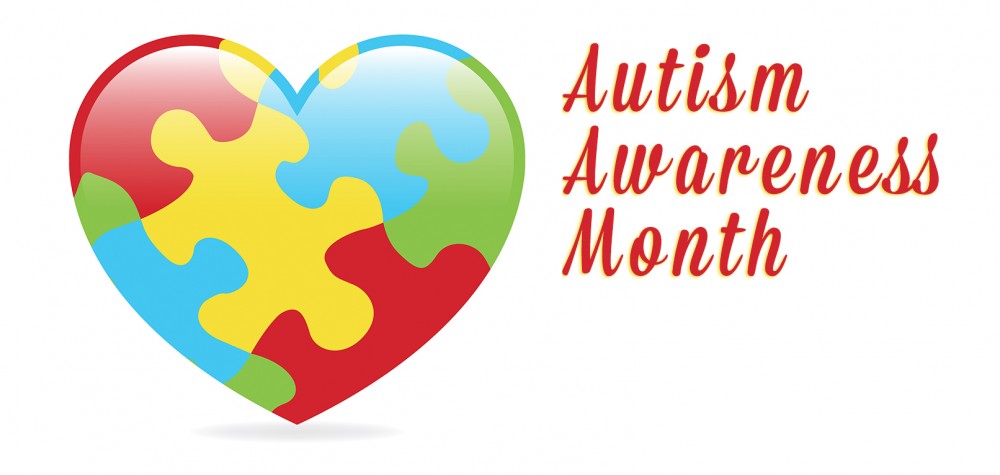Sarcoma is a cancer of the connective tissue in the human body that is considered rare but while rare is still more likely to affect children and young adults than it is full grown humans. According to the American Cancer Society 11,280 people will be diagnosed with Sarcoma yearly. (Citation) There are many different types of soft-tissue sarcomas and treatment varies for each. Although referred to as Pediatric Sarcoma the three main types of Sarcoma affecting children can also affect adults. These three types are:
Rhabdomyosarcomas –this is one of the most common types of sarcoma and causes tumors to grow in the skeletal (striated) muscles.



